Britain built almost a fifth fewer cars in the first half of this year compared with 2021 as car makers continue to suffer what industry lobby group the Society of Motor Manufacturers and Traders (SMMT) describes as the equivalent of long Covid, referring to the after-effects of the pandemic.
However, the figures did show a small uptick in June, suggesting the continuing semiconductor shortage might be easing slightly, the SMMT said.

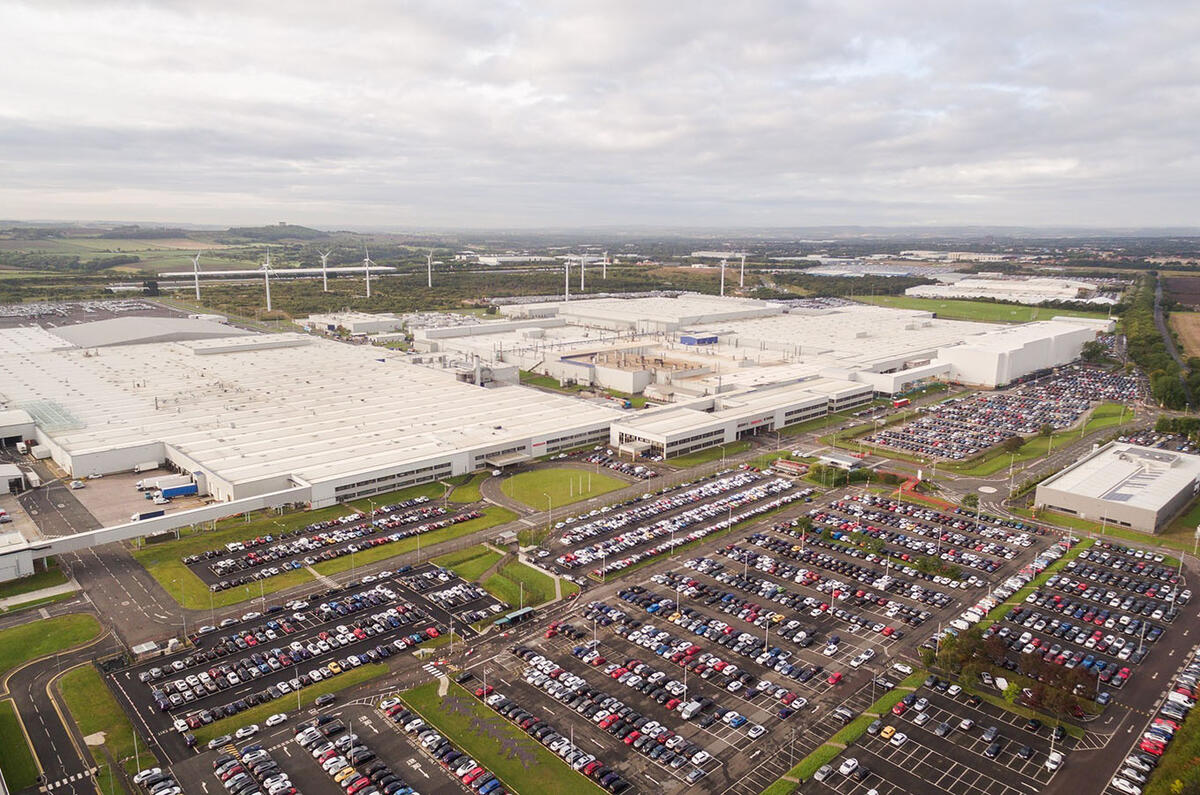
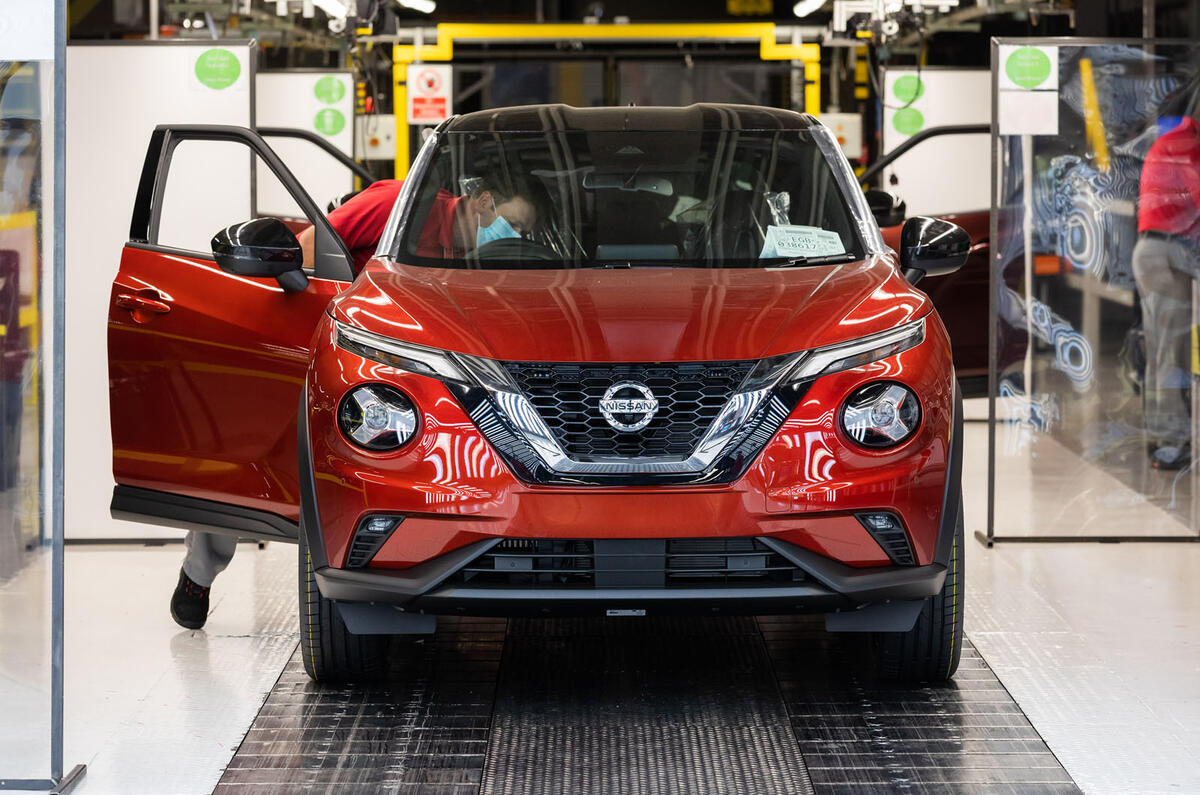
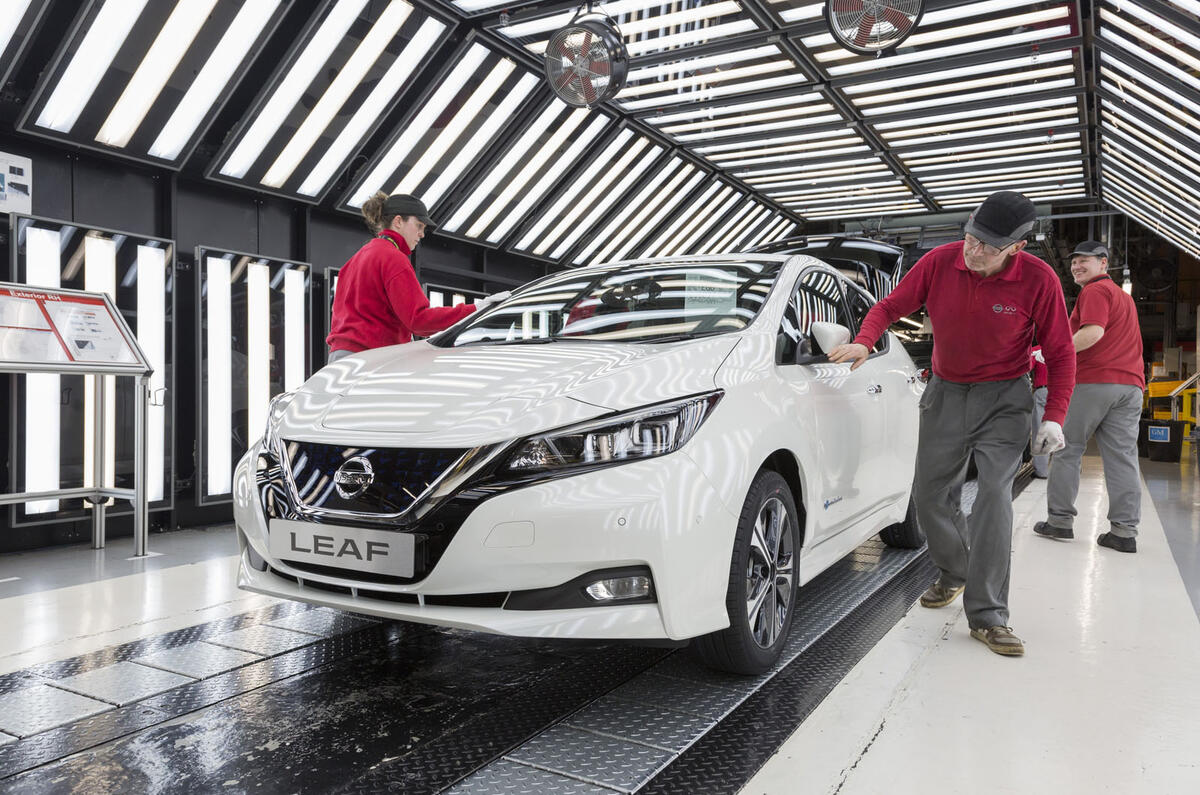
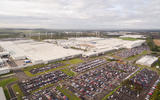
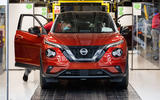
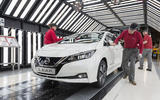


Add your comment